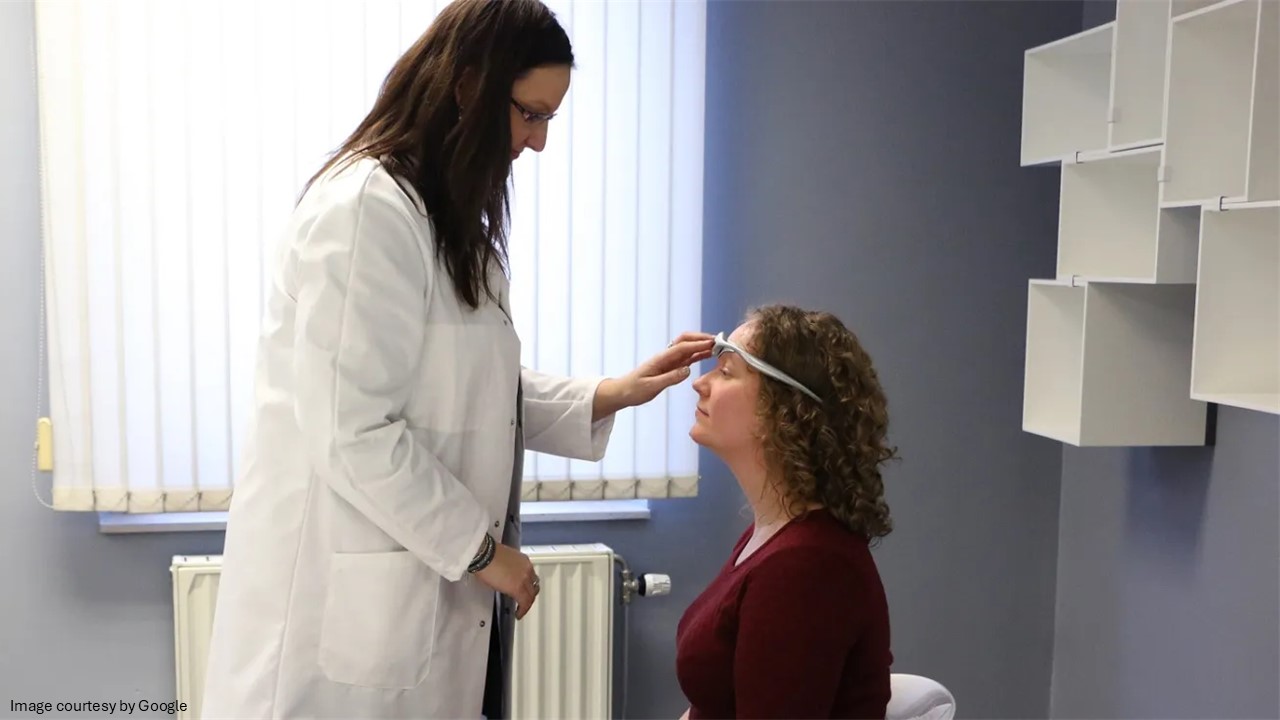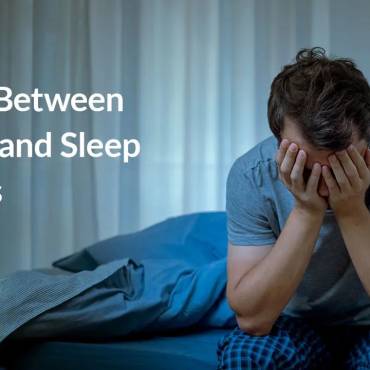There are many misconceptions and prejudices regarding migraines. Let’s debunk some common migraine myths and uncover the migraine facts behind them.
Migraine is a neurological condition that can cause severe headaches, nausea, sensitivity to light or sound, yet several misconceptions still surround it. Misleading information makes it harder for individuals to understand their symptoms, delaying proper diagnosis and treatment. Non-specific oral preventive medications reduce headache frequency by about half in about 40% of patients who use them. The World Health Organisation (WHO) places migraine as one of the most disabling medical conditions on this planet. Migraine affects over 37 million people in the US. Data suggests that up to 148 million people across the globe suffer from chronic migraine.
Understanding migraine
A migraine is a neurological disease characterised by recurrent, often severe headaches that can last from a few hours to several days. It usually causes moderate to severe pain. A migraine is often experienced as a throbbing pain, usually on one side of the head. Symptoms associated with migraine include nausea (feeling sick), sensitivity to light/noise, dizziness, fatigue, trouble concentrating, confusion, and visual disturbances known as aura (flashing lights, blind spots, zigzag lines). The neurological disorder can significantly interfere with daily life, work, and relationships.
Myths about migraine
A good educational point helps to separate migraine myths from facts about migraines. Here are some common migraine myths and facts, along with key things to know about migraines.
- A migraine is just a severe headache
Fact: Migraine is a neurological condition, during which an affected individual can’t function normally. Throbbing head pain is a common symptom, but other symptoms are often present, including nausea, neck pain, and trouble tolerating noise or light. Some migraine-affected individuals may even experience migraines without any headache at all, and this condition is often termed a silent Migraine. A migraine is not just a headache; it’s a complex brain disorder that involves changes in brain activity, blood flow and nerve signalling.
- A migraine originates from strong pressure in the blood vessels of the head
Fact: Migraine is a complex disorder which is tough to understand. For a long time, it was believed that these headaches were caused by increased pressure in the blood vessels of the head. But migraine clinical studies demonstrated that an abnormal reaction in the neurons present in the brain triggers these migraine episodes. This reaction in neurons contributes to other reactions, including inflammation, which ultimately causes pain and other symptoms.
- Only Females are affected by migraines
Fact: Well, it’s one of the facts about migraines. Women are more affected, particularly due to hormonal fluctuation. However, men can and do experience migraines as well. According to migraine clinical studies, about 18% of women and 6% of men develop migraines.
- A migraine can occur due to depression or anxiety
Fact: A migraine is not developed due to depression or anxiety. However, migraine clinical studies demonstrated an association between psychological health and migraine episodes. For example, depression can cause a rise in the number of migraine headaches and make them more painful. In addition, depressive situations can trigger migraines. Moreover, experiencing numerous episodes may have a negative impact on one’s mood and, with time, progress to depression. During migraine treatment, the effects on psychological health should also be considered.

- There is no cure for migraines; the pain needs to be managed
Fact: Among the facts about migraines, it is also true that there is currently no cure for migraines. However, the neurological condition can be managed with medications. What medicine to take when you have migraine? Well, certain medicines, when combined with healthy habits, can cause a significant reduction in pain and the number of episodes. If your migraine is severe enough to interfere with your daily life, it is important to consult a doctor.
- Children do not get migraines.
Fact: It has been estimated that about 5 to 10% of children suffer from migraines. Before puberty, male children developed migraines as much as female children. Migraines in children do not last as long as those in adults, but they still interfere with daily activities.
- Migraine-affected individuals shouldn’t do too much physical exercise
Fact: A regular exercise program tailored to your abilities can decrease the number of attacks. Maintaining good physical health helps to control migraines. If, however, you notice an intense workout session triggers your migraines, consult your healthcare specialist as soon as possible.
- Caffeine triggers migraines
Fact: Caffeine can both trigger and relieve migraine headaches. For some individuals, small amounts of caffeine can help stop an attack early or improve the effects of pain relief medicine. However, excessive consumption or sudden caffeine withdrawal can trigger this severe headache.
- Painkillers are the only treatment
Fact: Over-the-counter painkillers like acetaminophen or ibuprofen are effective in mild cases; they do not help with chronic or severe migraines. Overuse can contribute to medication-overuse headaches. Migraine treatment is often multifaceted and may involve:
Triptans: Prescription medicines to stop migraines
Preventive medicines: Antidepressants, beta blockers, antiseizure medicines, or CGRP inhibitors.
Lifestyle modifications: Regular sleep, adequate hydration, exercise, limiting alcohol, eating healthy foods, and stress management through mindfulness or yoga.
Conclusion
Migraine can often be misunderstood, but growing awareness and migraine clinical studies are changing that. Ignoring the myths and focusing on facts about migraines is the first step towards better management. Moreover, the right combination of treatment is needed to manage migraine effectively. If you are someone who experiences frequent and severe headaches, do not ignore the symptoms. Check out these migraine myths and facts to know the truth. These are among the important things to know about migraines. Seek help from your healthcare specialist who can provide an appropriate diagnosis, individualised treatment and long-term relief.


